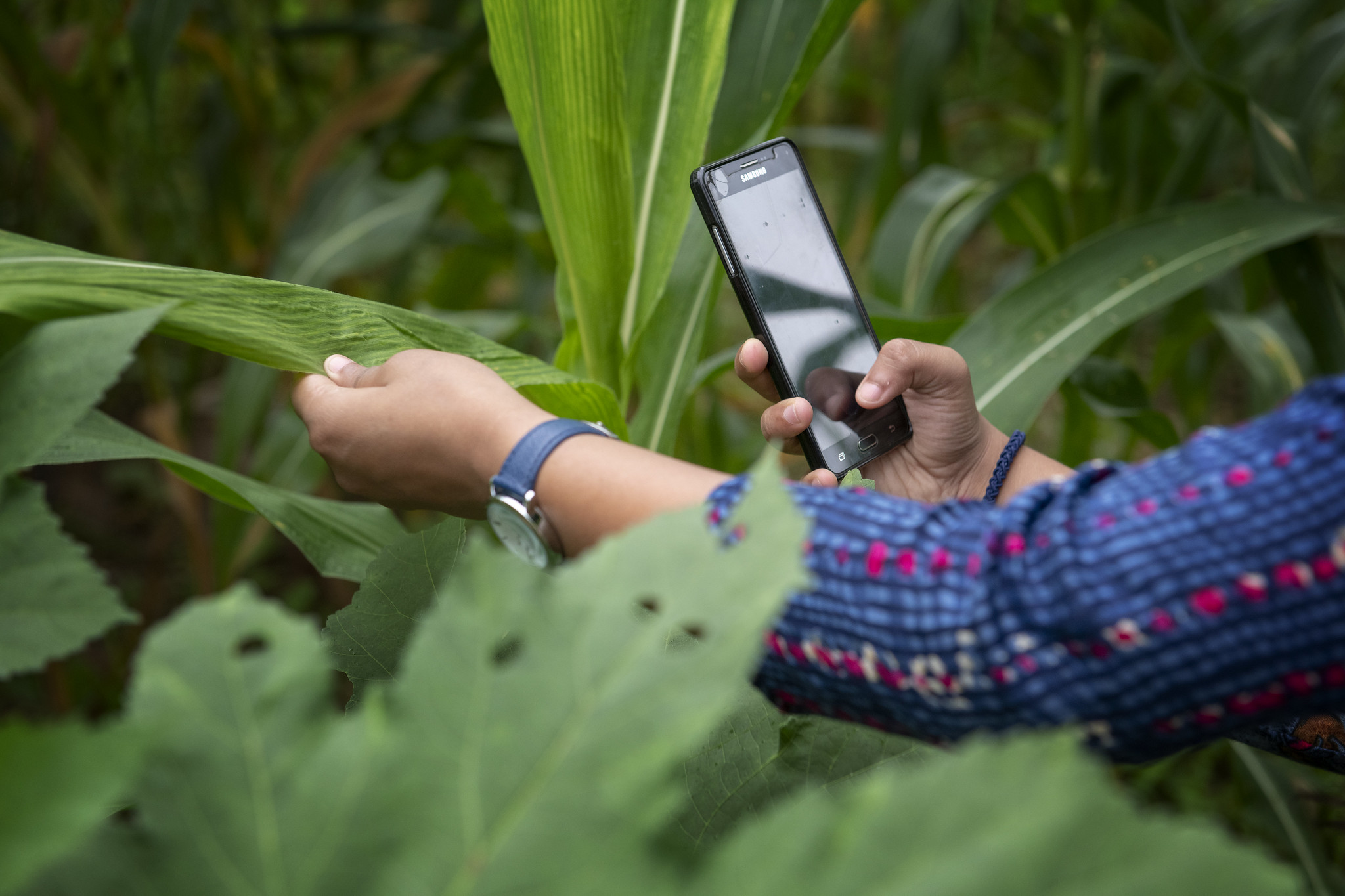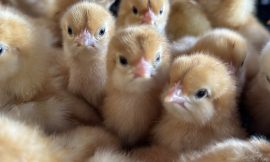Editor’s Note: Global agri-tech investment reached $16 billion in 2024, yet many farmers remain excluded from digital progress. As artificial intelligence (AI) rapidly reshapes agriculture, inclusive governance is essential. Ensuring farmer leadership in design and deployment can turn digital innovation into a tool for equity, resilience and sustainability, rather than widening the digital divide.
From smart sensors for soil monitoring to AI agronomists in farmers’ pockets, digital innovations are transforming agriculture worldwide. Yet without the right frameworks in place, these technologies risk reinforcing inequalities rather than resolving them – and ultimately isolating farmers instead of connecting them.
The future of agriculture must be digital, but only if it is shaped with farmers, and for farmers. Digital and AI tools are not an end in themselves. Rather, they must be tools to empower farmers, strengthen their competencies and self-determination and enable them to take a leading role in addressing global challenges.
This farmer-centred approach has just been formalised in the WFO’s newly adopted Policy on Digitalization and Artificial Intelligence in Agriculture (June 2025), which outlines a vision for the responsible development, deployment and governance of such technologies in the agri-food sector that is:
- Inclusive, ensuring fair access to connectivity, infrastructure and digital literacy for all farmers — especially women, youth and those in marginal areas.
- Participatory, by placing farmers at the heart of digital design, development and governance.
- Equitable, by promoting transparency, fairness and accountability in digital ecosystems.
- Farmer-owned, upholding the right of farmers to control and benefit from the data they generate.
- Ethical, ensuring technologies support human rights, food security and the public good.
- Purpose-driven, recognising that technologies must serve farmers’ long-term sustainability, self-determination and resilience — not just innovation for innovation’s sake.
In Kenya, the Kenya National Federation of Agricultural Farmers (KENAFF) is helping farmers adopt AI tools like PlantVillage to manage pests and diseases, and digital platforms like Farm Pass to access markets and financial services. In Canada, the Canadian Federation of Agriculture has launched the Agri-Data Leadership Programme to strengthen farmers’ digital literacy, data governance and use of analytics to improve decision-making.
Also, in Vietnam, the Vietnam Farmers’ Union partnered with Google to train 30,000 farmers in digital skills, online safety, and market tools. In Norway, the Norwegian Farmers’ Union supports a suite of smart tools, including climate calculators, AI-powered herd management systems and digital platforms to improve sustainability in dairy and livestock.
Each of these initiatives reinforces a key insight: when farmers have the right tools, skills and support, digitalisation becomes a catalyst for sustainability and resilience — not a source of dependency or exclusion.
As international discussions continue on digital governance — including negotiations around the UN Global Digital Compact and the ongoing development of ethical AI guidance in agriculture, led by FAO through platforms such as the Rome Call for AI Ethics and the International Platform for Digital Food and Agriculture — farmers must have a seat at the table.
The future of agriculture cannot be programmed in code alone. It must stem from the lived experiences of those who lead at the heart of our food systems.
This piece was initially published by the World Farmers Organisation and has been revised to suit Farming First’s editorial guidelines.
Header photo credit: C. de Bode/CGIAR





